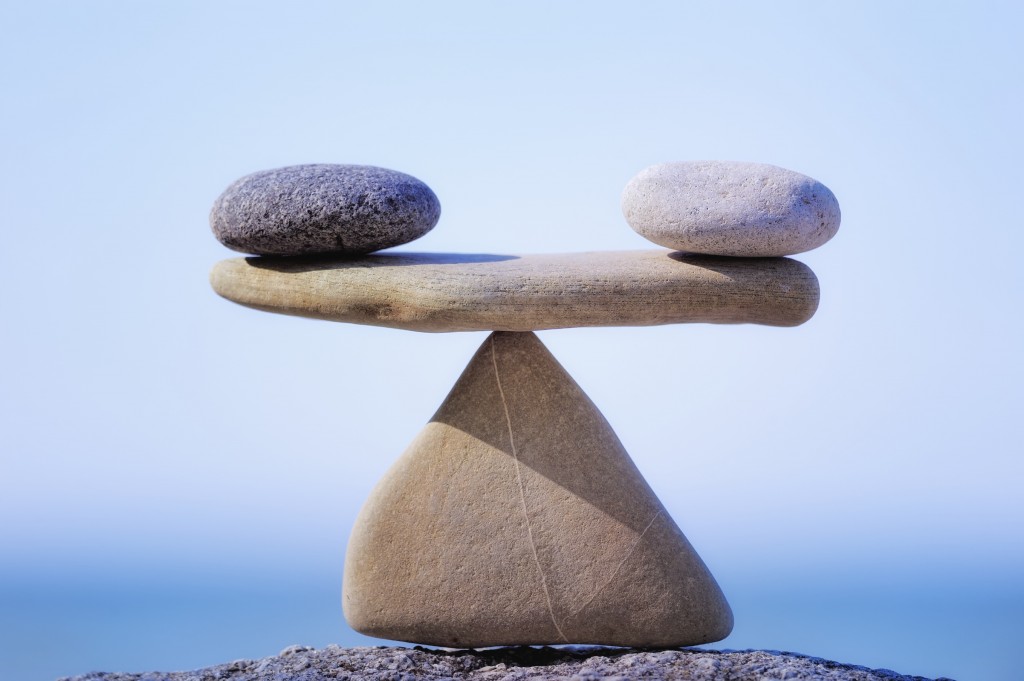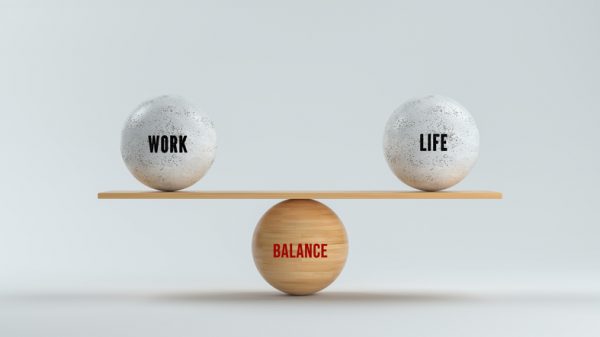Balance in life is an illusion; the closer you believe it to be, the more it recedes.
“How do you manage to balance work and life?”
This is a question that we are frequently asked, particularly when we are running workshops. The concept of balance always comes up, regardless of the subject.
Many think we have a balanced life and ask how I manage it.

“We should focus on removing the barriers obstructing the equilibrium’s natural flow rather than trying to achieve balance.” ― Alebraheem, A.A.
We inform folks for this reason. Equilibrium has been discovered when we give up trying to achieve it. Does that suit your needs? Take a look at my strategy and see if it works for you.
Perhaps you’re dissatisfied; when I give this response, most people first react in that way. Not a wordplay, but five productivity advice was what they were anticipating. But when I put them through several activities, they see that there are more meanings to this seemingly straightforward phrase.
Balance is a condition of mind, not something we can acquire. It’s the understanding that life is dynamic and not static.
Life Is An Act of Balance

“Discipline without freedom is madness, and freedom without discipline is stupid.” ― Ilona Mialik
However, what does living a balanced life actually entail? Why does the idea of balance seem so elusive?
The paradox of balance is that things appear to fall apart more as we try harder to achieve it. We worry more because of our fears.
“Balance” can be used as a verb and as a noun. Why would we find it so difficult?
An equitable distribution of weight allows an object or person to be stable and erect. We think that when we see the word “balance,” it will stabilize our life.

Harmony is achieved through balance. It’s something you have to keep doing rather than something you can acquire. Life is like a game where you have to keep juggling a lot of balls in the air.
It’s been claimed by Albert Einstein that life is like riding a bike. You have to move in order to maintain your equilibrium.
Everything in life is always in continual motion, like a balancing act.
Nothing you prepare for will ever turn out the way you want it to. Unexpected happenings never ask to be there. A new meeting will be added to your already packed calendar by your employer. You’ll get a last-minute call from a pal canceling your dinner arrangements. Being flexible is necessary for balance; we must adjust to the situation rather than stricty adhering to our plans.
Work-Life balance

Consider the balance between work and life. Most attempt to keep them apart by erecting barriers, which only makes them feel worse. Take a holistic approach to life; you can’t divide your activities into discrete categories. Make everything you do integrated; allow life’s various facets to complement one another.
Letting up of control is necessary to have a balanced existence.
Studies reveal that repressing our emotions via control impairs our memory and makes us more stressed.
According to research from the University of Southern California, those with strong grit were more inclined to keep trying even after they failed at a task. Furthermore, those with strong self-discipline, who rely on reason and will to succeed, suffer the most from setbacks.
Rather of pushing things to conform into a predetermined framework, let things fall into place. Humans are naturally balanced; the ability to do so comes from inside.
Create a Well-Balanced Mentality

“Recognizing the immense powers both inside and around us, and maintaining a balanced existence, are the finest and safest course of action. You truly are a wise man if you can live that way and accomplish that.—Euripides
A life out of balance seems like a never-ending struggle.
You’re attempting to defend your “me-time” from other people’s priorities. Make sure that your family time isn’t taken away by work. You wish the pace and unpredictability of modern life wouldn’t divert you.
You experience imbalance when there is an unbalanced environment around you. Events and outside factors divert your attention and pit what you desire against what you have to do.
Enjoying the moment while we are doing it is more important for maintaining balance than how we divide up our time. Why take a day off if your concerns are about what’s happening at work? Your mind has to be in the same place as your body in order to overcome feeling unbalanced. You cease feeling bad about what you are not doing or blaming others for it when you are enjoying what you are doing.
You are the source of balance

Standing in the center of all of this is what it means to be equanimous—a constant, mindful understanding of life’s impermanence. You look without letting what you see capture you.
According to Buddhists, equanimity—which permits balanced emotional reactions—is the foundation for knowledge and freedom. You may remain sane in the midst of all of this by using the power of observation. It originates from stability inside.
How you can achieve it?

Cultivating the mental traits that facilitate equanimity is the path to achieving it. This is how to begin:
- Honesty: When we conduct ourselves honorably, we gain self-assurance in both our deeds and words. There is no place for blame or shame when you follow your heart. Living a beautiful life is an integral part of acting with integrity, in addition to doing the right thing.
- Spirituality: A well-founded faith has great power. You may have a healthy existence by developing your inner-self via your spiritual practice. It’s not necessary to adhere to a formal religion. Other spiritual activities include self-reflection, meditation, and communication with a higher awareness.
- Inner serenity: Mental training is essential, just as physical activity strengthens our bodies. Through mindfulness practice, we may cultivate a balanced, serene, and attentive mind.
- Happiness, health, and social interaction all contribute to well-being. It involves enjoying self-care. Savor a meal, a stroll, the companionship of others, or just engage in a pastime. Remember to look for your wellbeing. Give yourself some time.
- Knowledge: The majority of things are outside your control. Individuals are in charge of their own choices. Life’s events are never foreseeable. Additionally, nothing endures forever. You may view the flow of existence as balance if you recognize its genuine essence. The first step to leading an equilibrium life is to recognize the factors that contribute to imbalance in your environment.
- Freedom: Not being able to do anything you desire, but yet not feeling bad about the decisions you make. Being free means that you have the ability to overcome your anxieties. You are liberated when you take accountability for your own actions. Equilibrium comes from letting go; the more you let go, the more liberated you’ll feel.
Five Pointers for a Well-Being Life
Balance is a continuous process rather than a destination.
Sometimes you may feel unbalanced, and that’s acceptable. Let go of your need for perfection and learn to accept what is good enough.
We get unbalanced due to expectations. High-wire artists work incrementally toward their goals. For this reason, they don’t fall; instead, they just concentrate on going forward and don’t worry about being flawless.
These pointers should help you get going:
Integrate all facets of your life

Give up thinking of social, professional, and personal time as distinct domains. They ought to work together rather than against one another. A lot of stress will be released by taking down this made-up wall. Apply lessons learned to all areas to integrate them all.
Lose equilibrium in order to regain it
It’s essential to relinquish control in order to allow events to unfold naturally. To regain equilibrium, sometimes you have to lose it. Allow yourself to take chances. Try an alternative approach. Take some time off on a different day if you must remain at work after hours. Seek equilibrium over the long haul rather than in each moment of life.
Set priorities for your tasks

The first step is to understand what is important. Saying no to other things in order to pursue your desires is a necessary part of finding balance. Often, we place the blame elsewhere, but the truth is that we are the ones who are not choosing. Ask for assistance, let rid of pointless chores, and be flexible with your objectives and ambitions.
Have a balanced perspective
You are the source of balance; it is not an outside force. Consider the reason behind your discomfort. Although an unbalanced environment may undoubtedly have an impact on you, portion of the noise can be reduced by mental training. Maintaining balance is a mindset, not a way to increase output.
Keep a journal
Schedule some time for introspection. Keep a record of your time usage, look for any conflicts, and consider ways to resolve them. Additionally, keeping a daily notebook is a fantastic method to record all of life’s wonderful events. Taking stock of everything that went well during the day will help you feel thankful instead of anxious.



